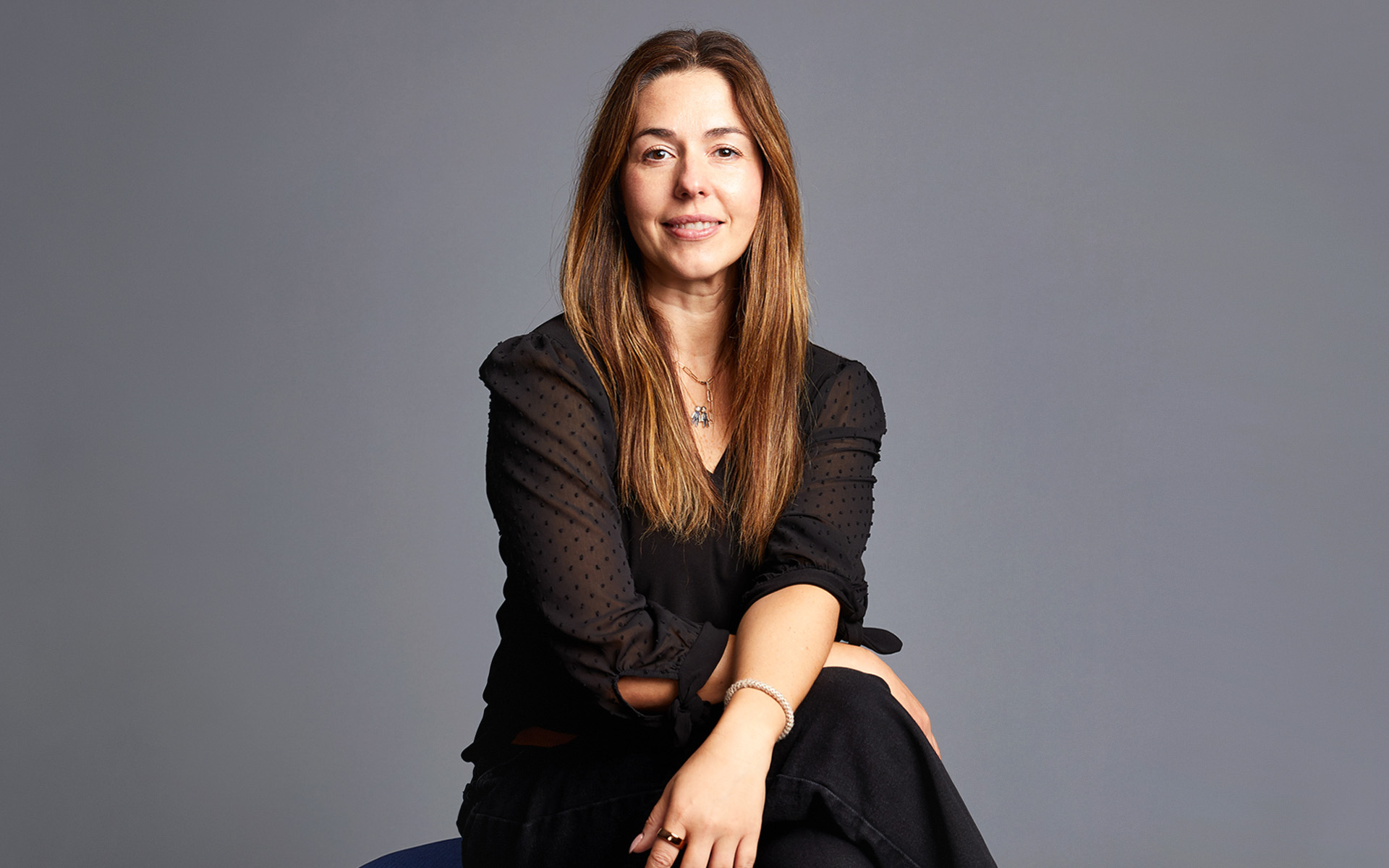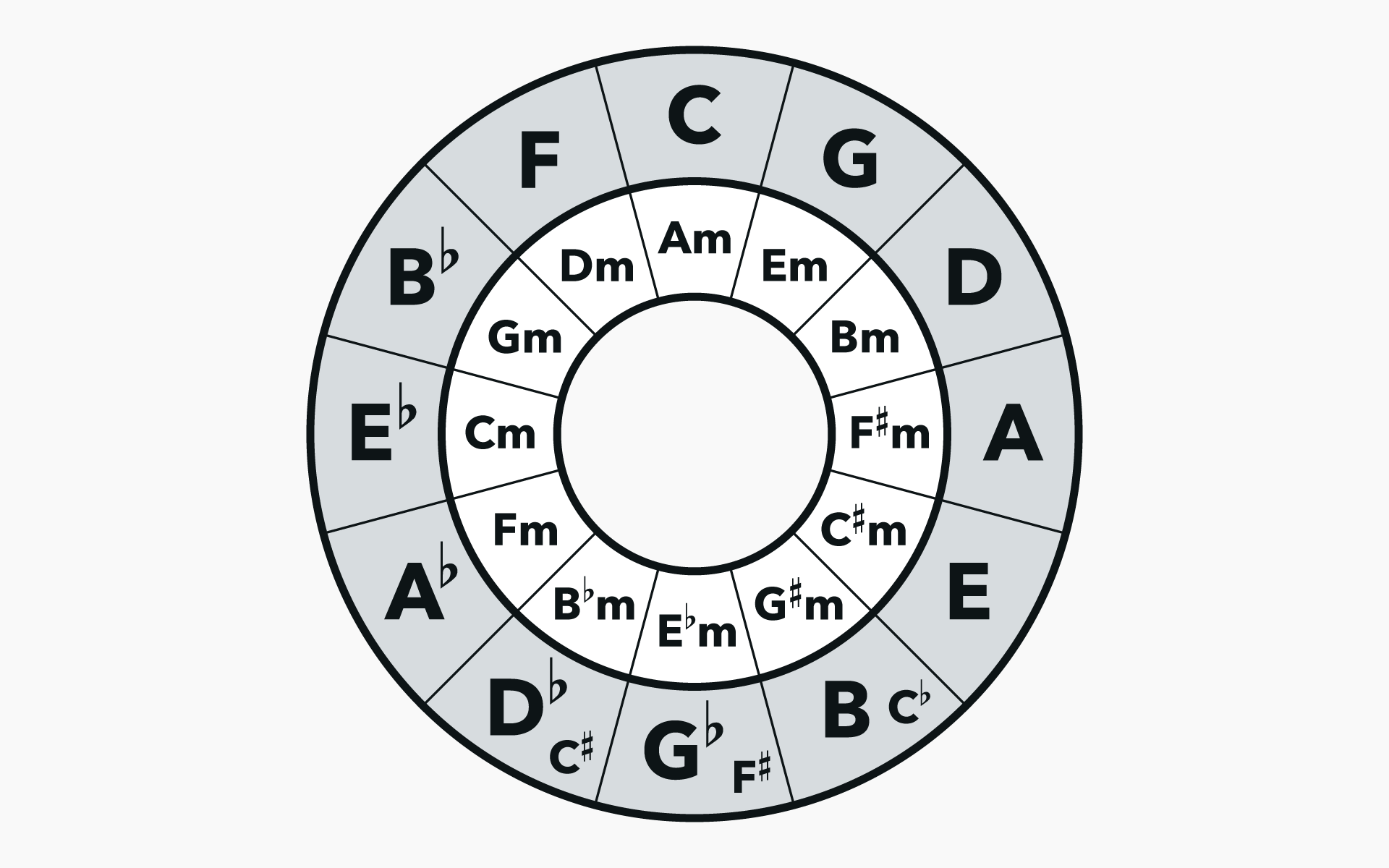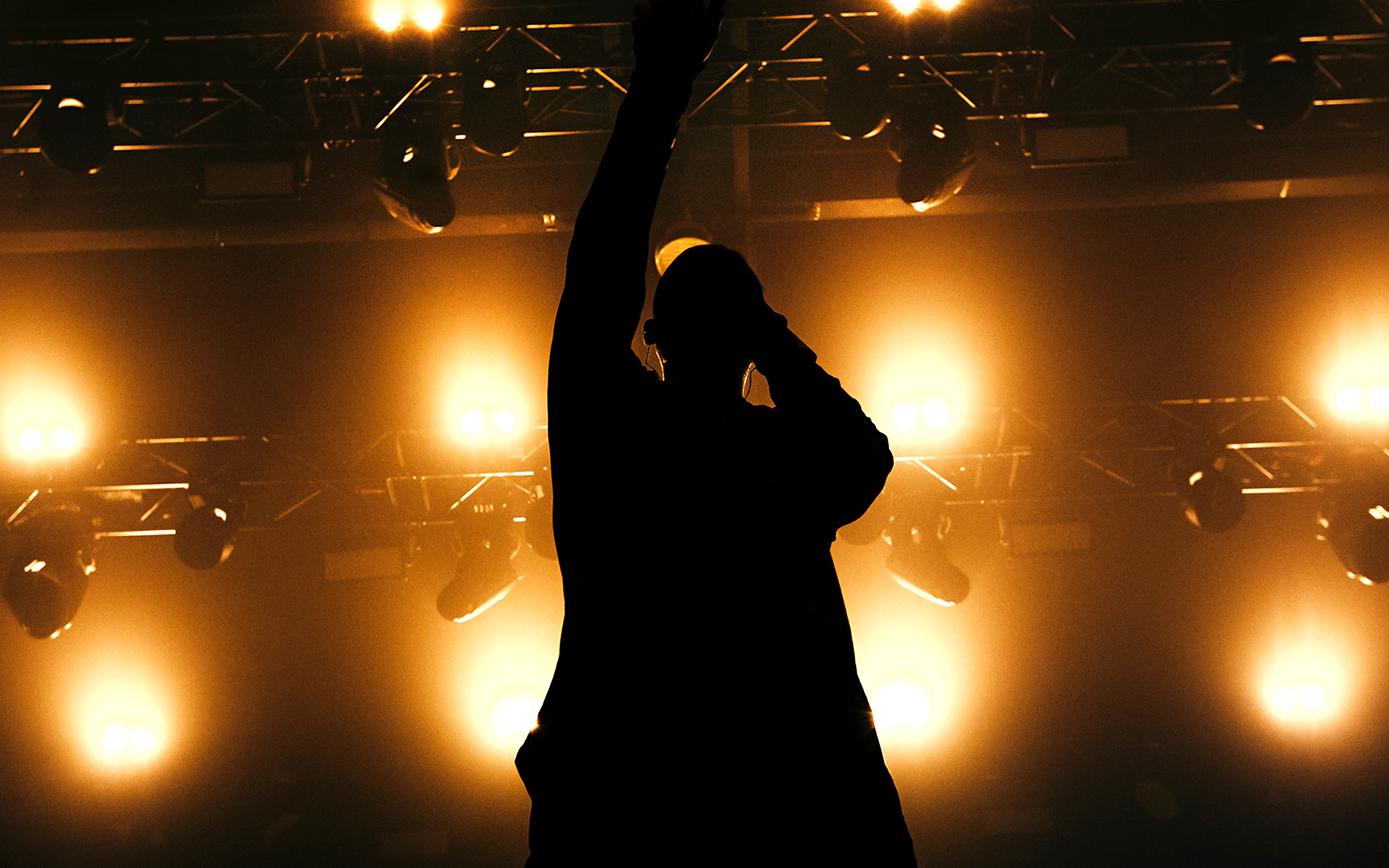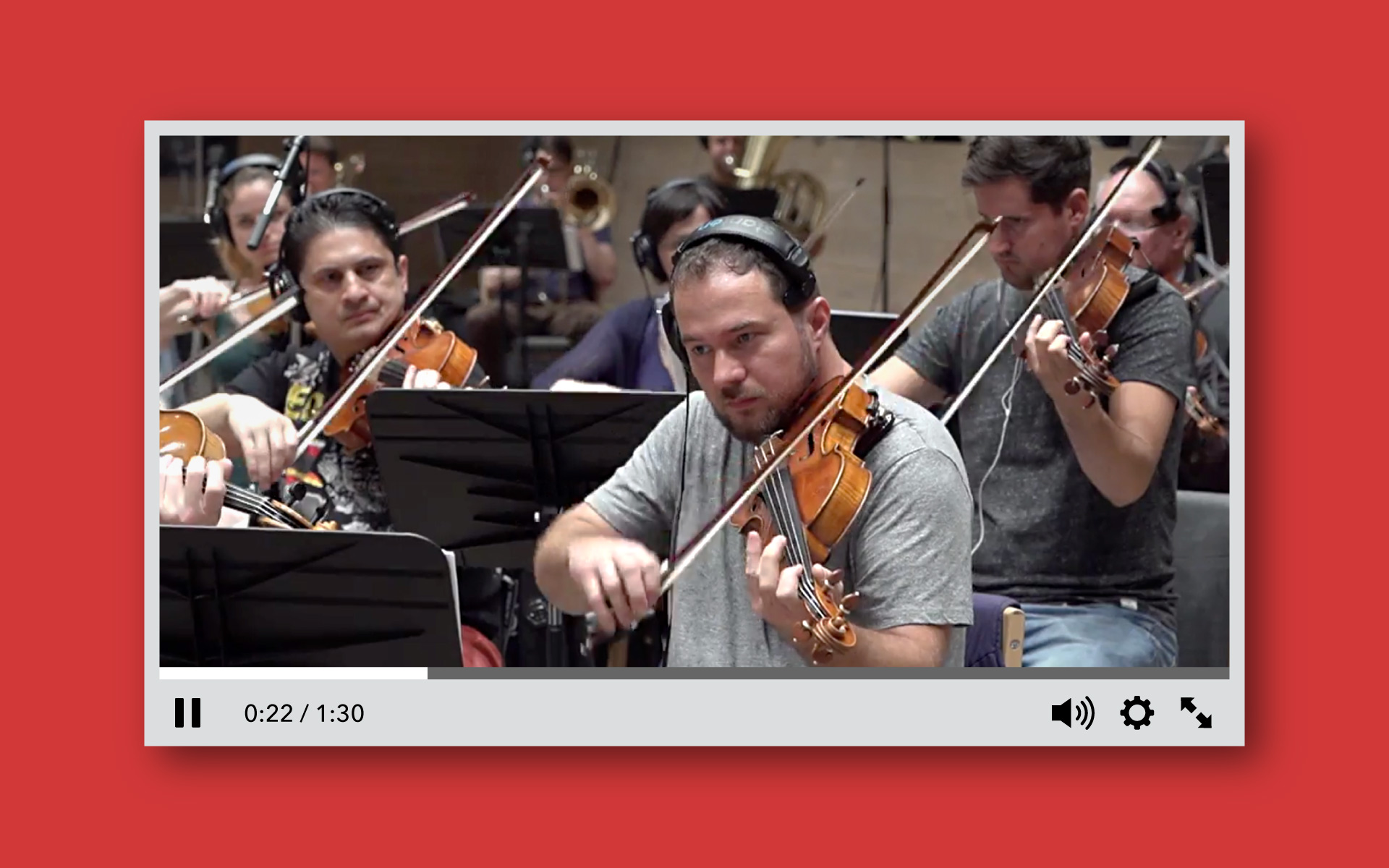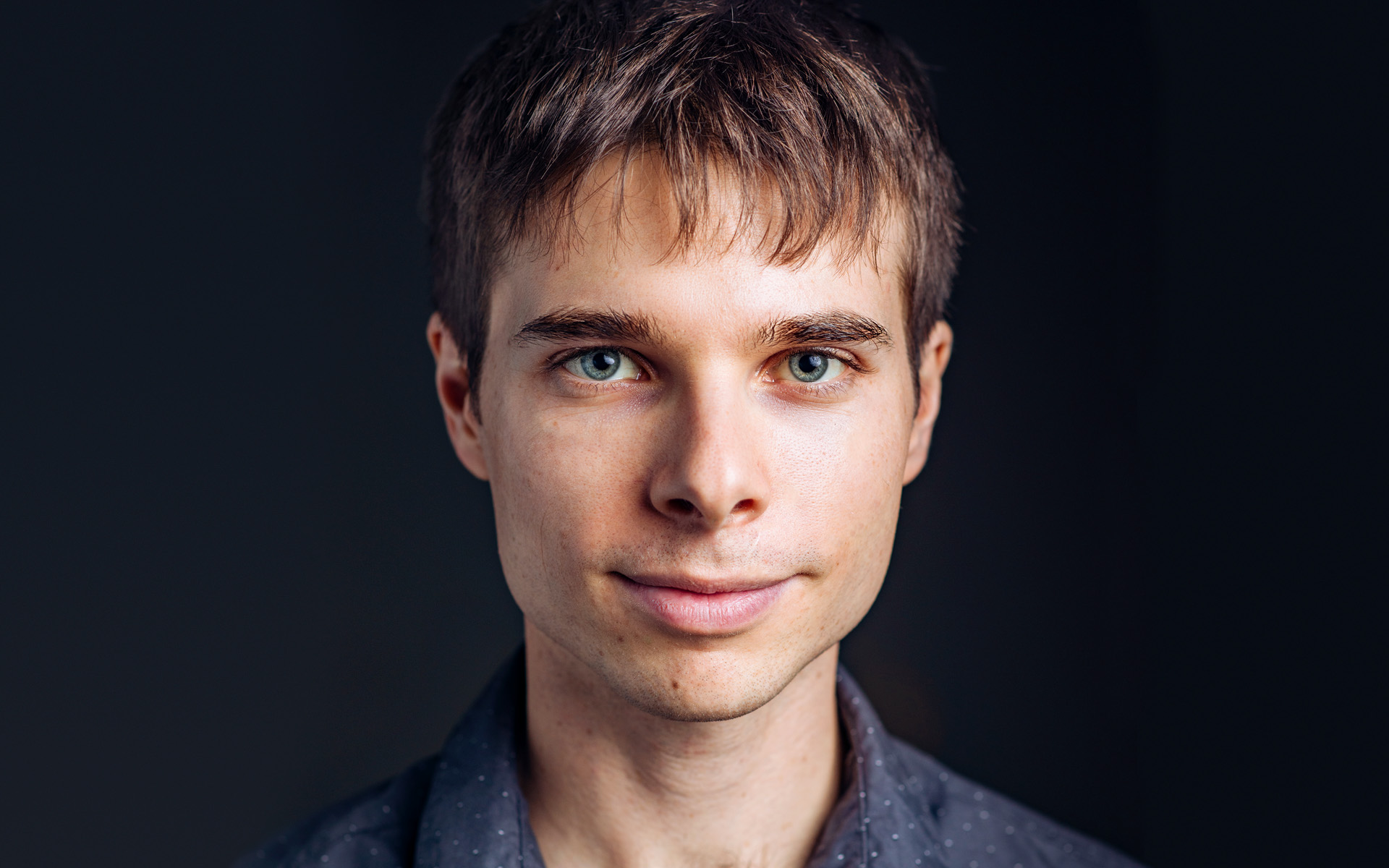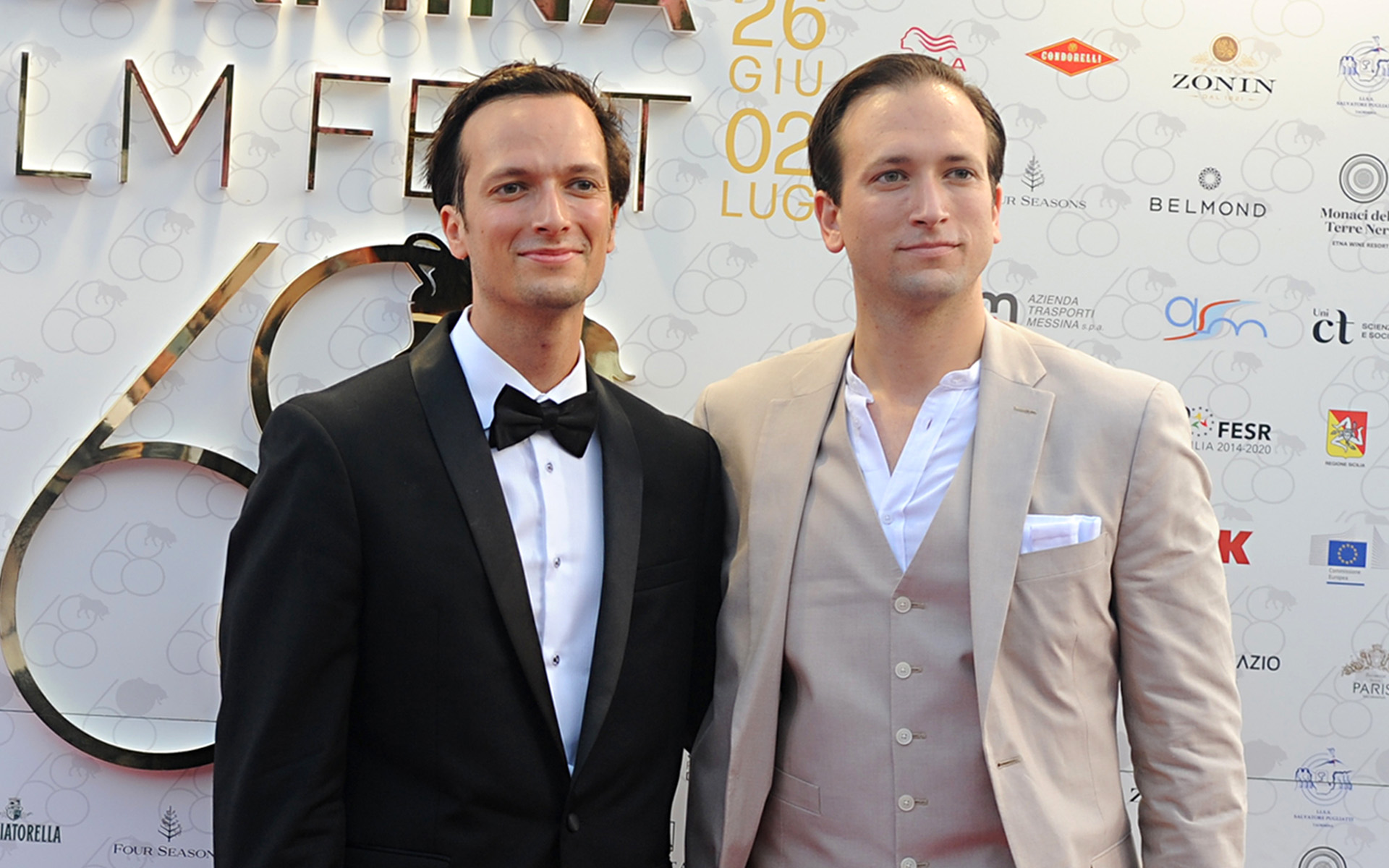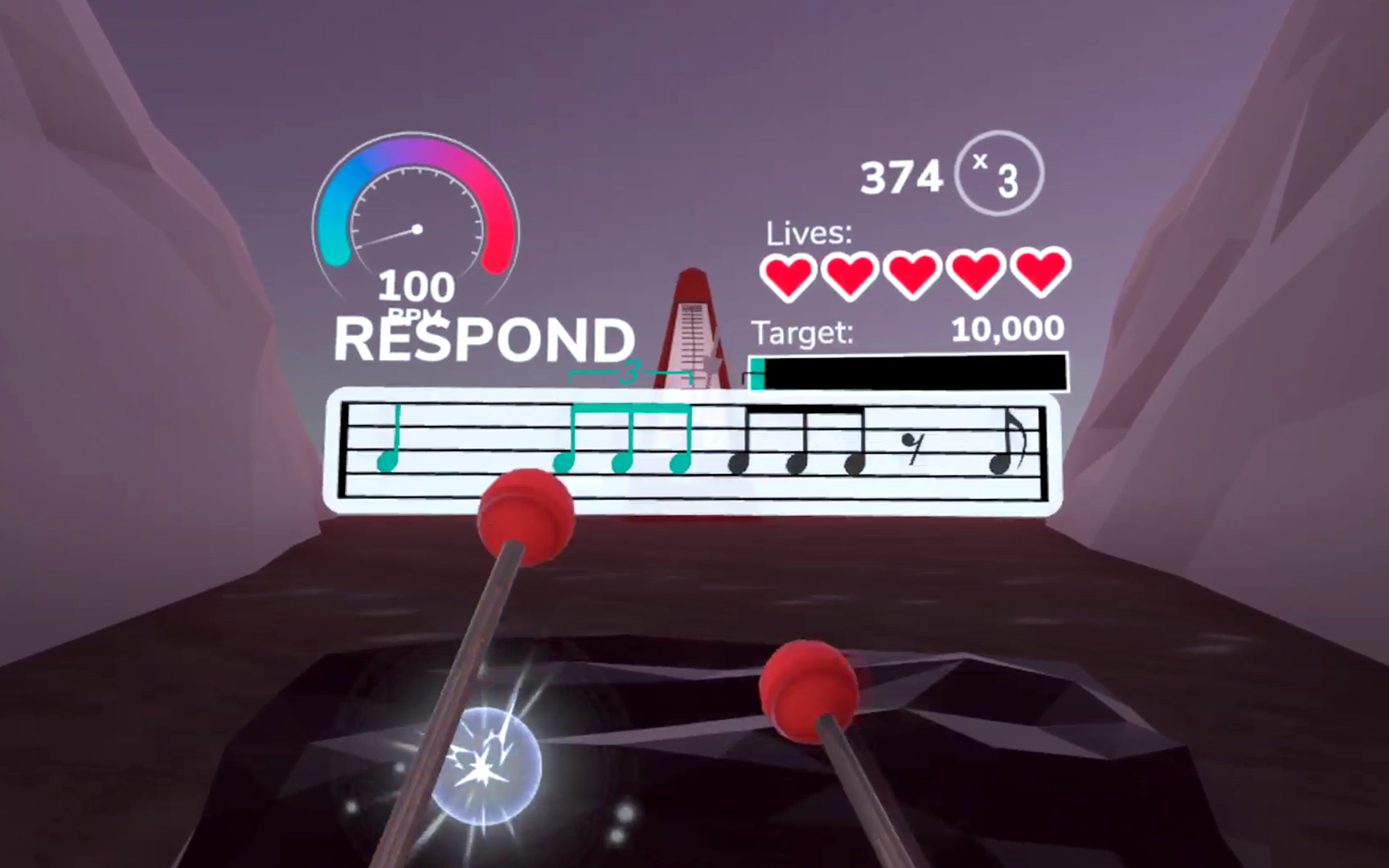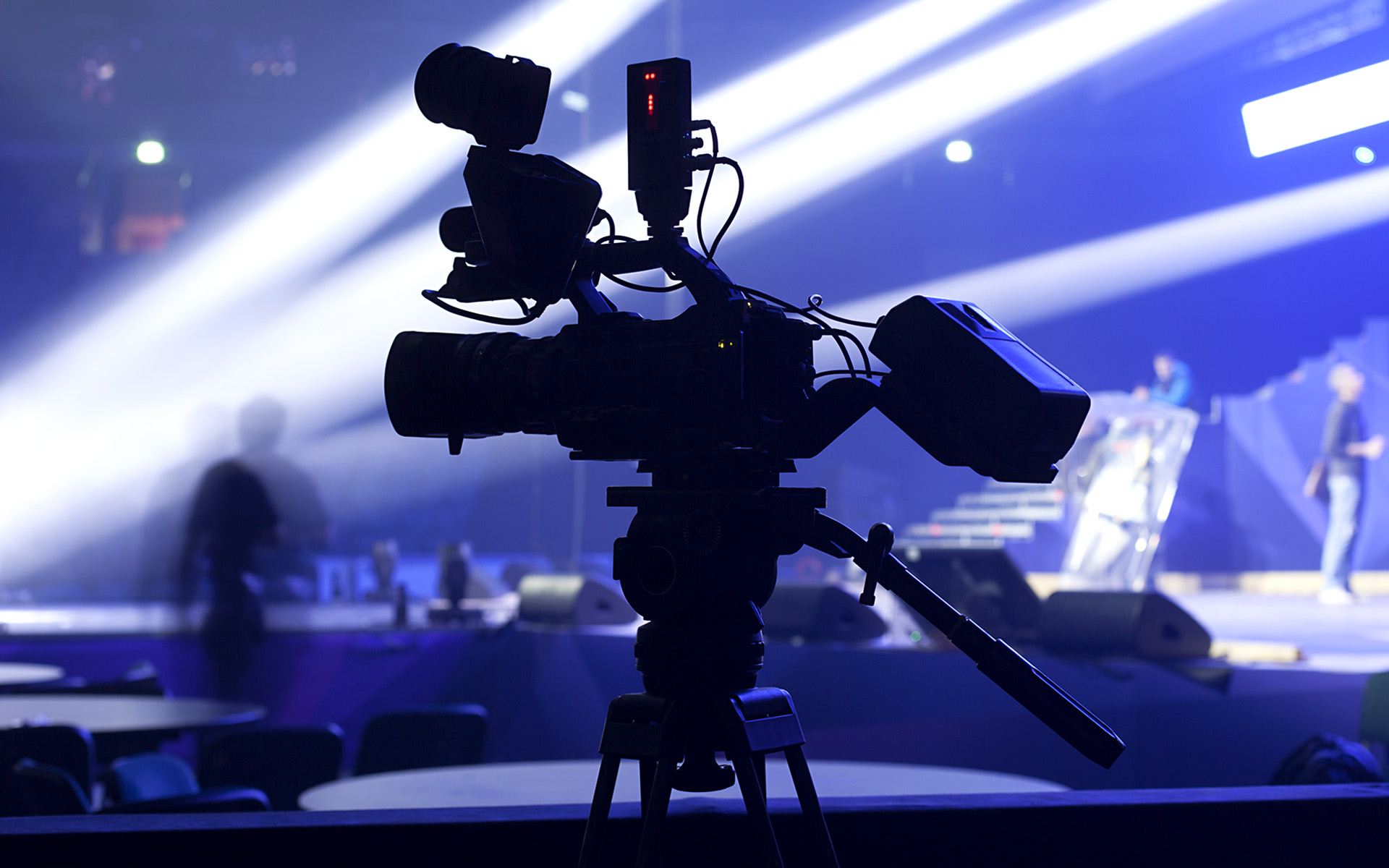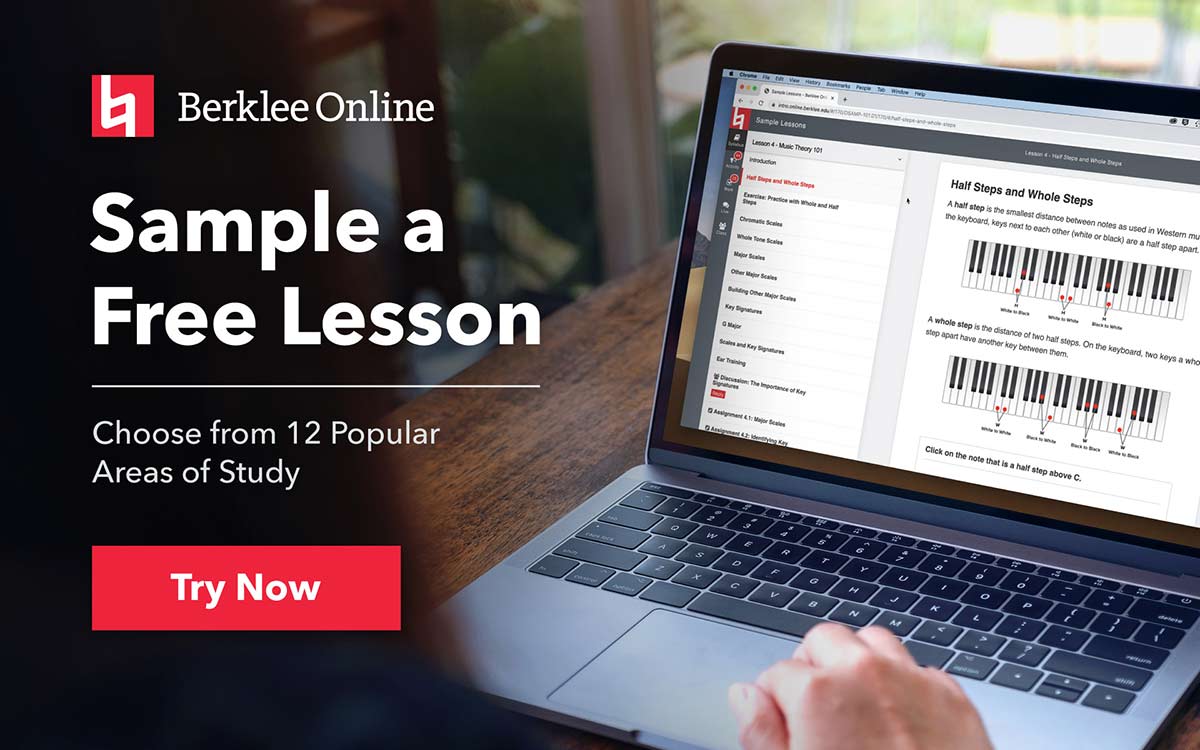A lot can happen in 15 minutes. You become keenly aware of this if you’re a student in Sean McMahon’s Composing the Orchestral Film Score graduate course. Recently the four students in McMahon’s course participated in their first remote scoring session, where each student was allotted 15 minutes to work remotely with the Budapest Scoring Orchestra. On the other side of the students’ speakers were more than 60 musicians performing and recording multiple takes of compositions that the students have been writing over the past five weeks.
“I was really blown away at how the musicians in Budapest were able to make each and every element have its moment,” says Alex Spiers, one of the four Berklee Online students in the scoring session. “It speaks volumes about the difference between programming music and the value of real, live human beings playing music. The expressiveness is just something that you can’t imitate and it was really cool to get to see that.”
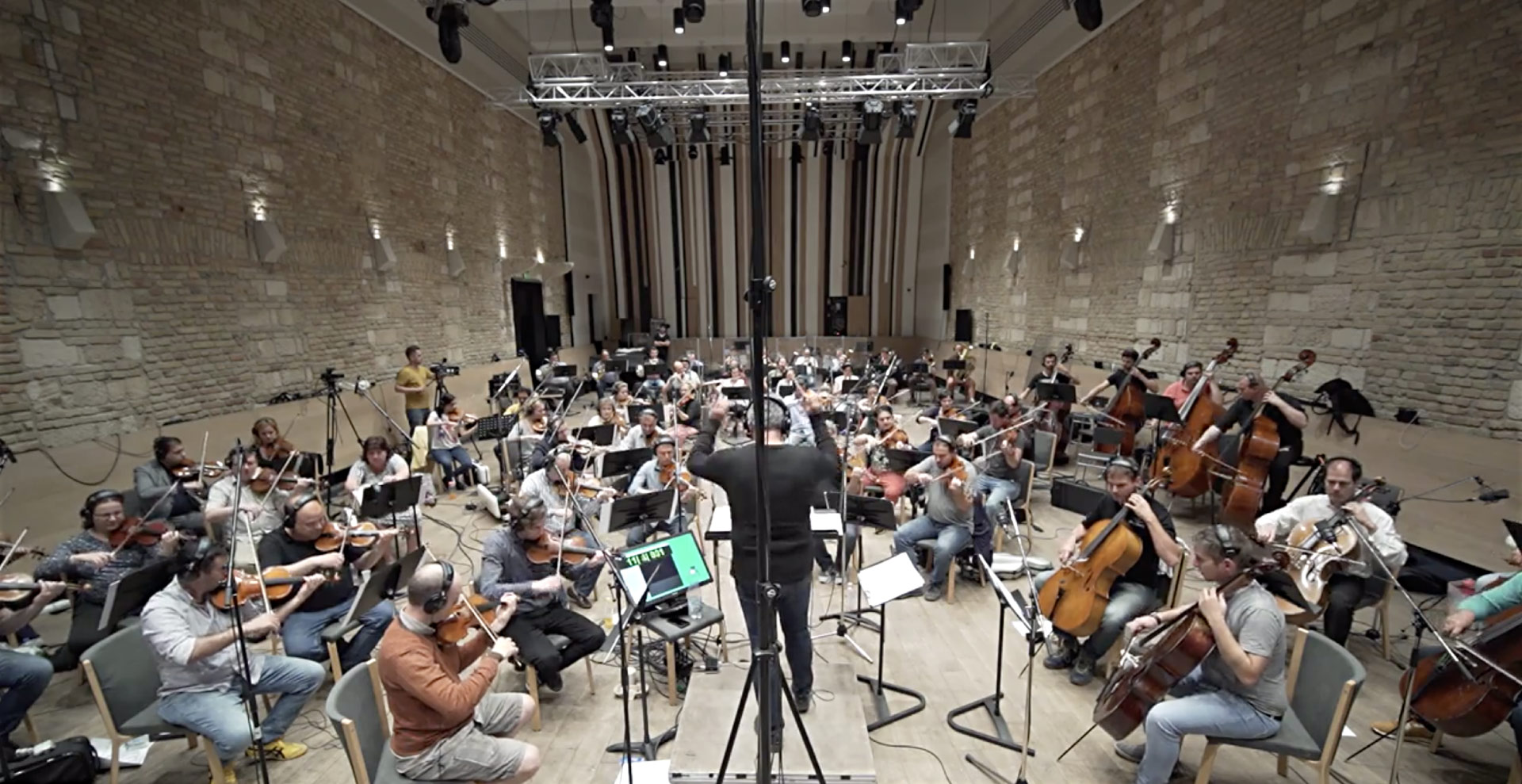
Spiers and his classmates have learned a lot about the value of working creatively with real, live human beings over the past two semesters. The four students have struck up a friendship as they have gone through Berklee Online’s Film Scoring graduate program as the first cohort. Their fellowship spans generations: Spiers is a 28-year-old church music director in Chicago; Brett McCoy is a 54-year-old software engineer in Germantown, Maryland; Francesco D’Agostino is a 23-year-old music assistant in Naples, Florida; and Scott Gordon is a soon-to-be-retired high school band director in Richmond, Virginia.
“Each one of us has learned so much from each other,” says Gordon. “Whenever any one of us has something to say, we’re always very constructive, and if we have a suggestion, we’re really working for each other’s excellence as much as our own.”
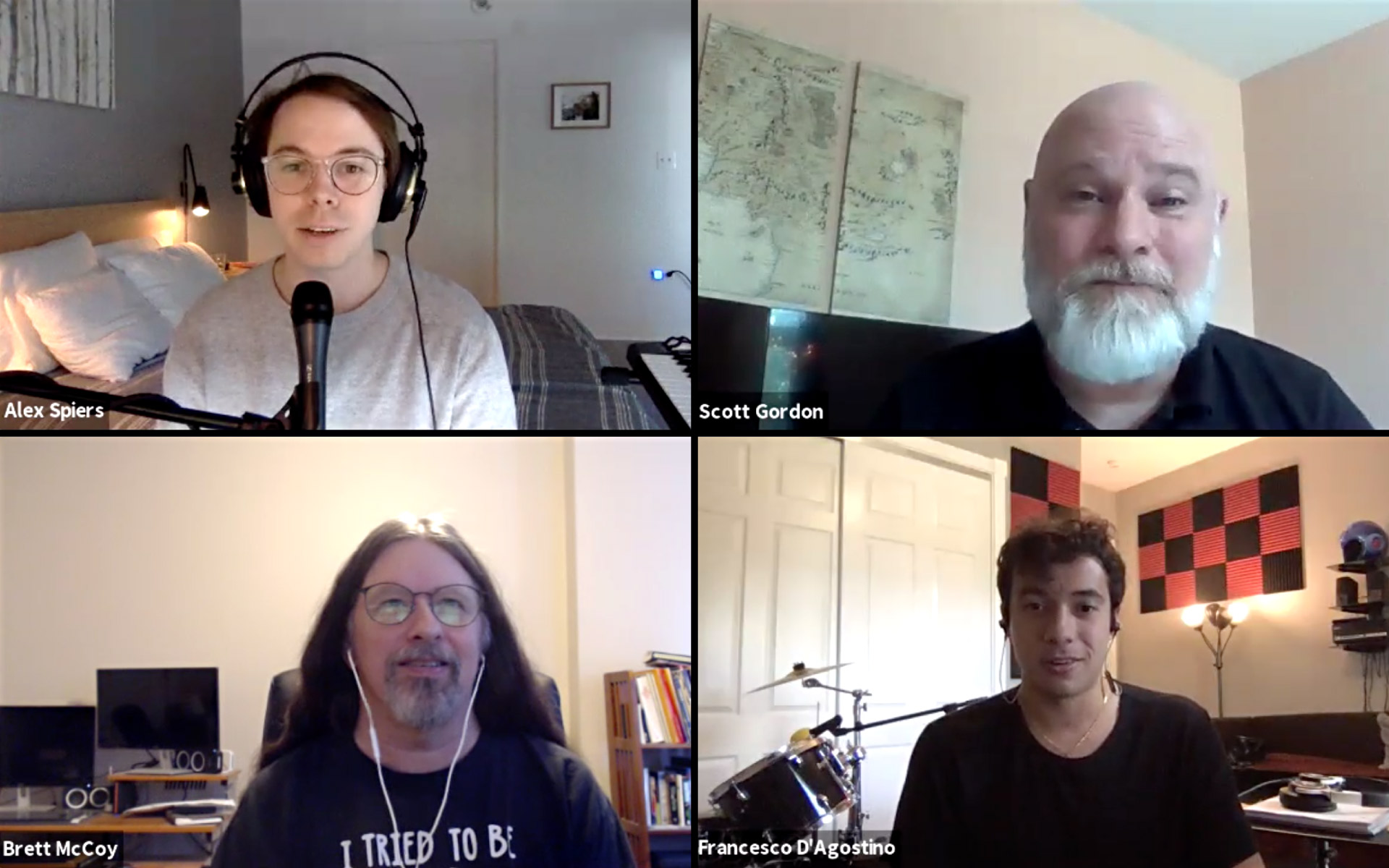
In addition to their scheduled class times, the four classmates meet on Zoom to do what they call a “pregame,” where they hype each other up before the week’s Live Class, and give each other constructive criticism on their music. Going into the session with the Budapest Scoring Orchestra, this same camaraderie continued.
“During the session, as soon as someone would finish, we would just kind of hop on and congratulate each other—it was definitely just kind of a love fest, helping to encourage each other and helping with the nerves,” says Spiers.
LEARN MORE ABOUT BERKLEE ONLINE’S FILM SCORING PROGRAM
The students all listened on their computers as the orchestra performed their 90-second compositions. After the first runthrough, the students typed directives to the conductor, and the orchestra gave it another shot, altering their performance according to the students’ suggestions. D’Agostino was the first student to watch and listen to his work being performed. To relay feedback, the students communicated over instant messaging, and after the orchestra finished that very first take, no words were showing up in the text box, radio silence for a minute.
“We were just trying to get the hang of it, trying to gather our thoughts,” explains D’Agostino. “It was a mix of going from the mock-up to listening live and just trying to figure out where stuff could be a little bit better and just wording it all through text. So it was just both of those things together, and that was a little bit overwhelming. It took me a little bit of time. But once I got into the groove, I was just rolling.”
McCoy recalls one of the more rewarding moments of the session: “I was looking at the cello players because my piece has a lot of low strings doing very rhythmic stuff and one of the cellists was headbanging.”
While the session was full of both nerves and excitement for the students, they all seem to agree that the course had fully prepared them for the opportunity and helped with their successes.
“We were well-guided to be very well-prepared for the event,” says Gordon. “I think everyone, from Berklee to us as students, were wanting this to be a superior performance. And so, we were given very clear step-by-step instructions to make sure we covered all the details.”
Instead of using preexisting films to score, McMahon wrote scenes for films that don’t exist: one was a chase scene from a movie he called Dirty Cops and the other was a dramatic battle scene from a film he called Lunar Threat. He says because rights clearances are often tricky, it made more sense to make up the films so that the students could write pieces befitting big summer blockbuster types of movies.
TAKE A COURSE WITH SEAN McMAHON
“It gave me a chance to create a scene where they could do something big and theatrical,” says McMahon. “Because if you have an opportunity with an orchestra, you don’t want them just to play drones. Sure, there are plenty of film music cues that use drones, and that’s fine, but this was going to be their calling card piece. I wanted them to have a great demo.”
It’s safe to say that the four students are satisfied with their demos. They now have professional recordings of their compositions for their portfolio. All of them say they’ve listened to their tracks multiple times.
“I’ve listened to it at least 100 times: Sometimes I just want to listen to it because it’s so awesome sounding,” says McCoy. “It was a life-changing experience.”
To experience these students’ compositions in full, visit the playlist page on Berklee Online’s YouTube channel.

